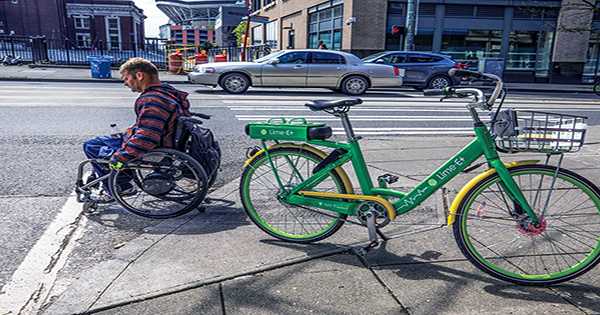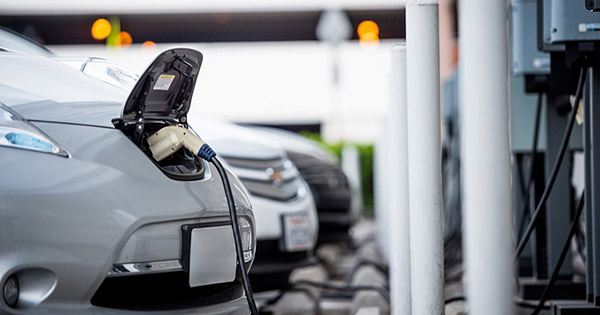The urge to achieve something as simple as keeping shared electric scooters off pavements has prompted the micromobility industry to build some complex technology. Scooter businesses are so keen to get a leg up on the competition that they’re already integrating technology comparable to advanced driver assistance systems (ADAS) seen in vehicles, which was once the domain of geofencing. Operators such as Spin, Voi, Zipp, Bird, and Superpedestrian are investing in camera-based or location-based technology that can detect and even remedy improper rider behavior, even slowing scooters to a halt if they’re riding on the sidewalk.
People riding or parking scooters on city sidewalks is a major issue for cities, and it is one of the most common complaints from NIMBY citizens who despise change, even more, when it causes a tripping hazard. Companies are attempting to fix this problem with technology that effectively places the onus of rider behavior on operators, and towns may require scooter operators to use this type of ADAS technology. Scooter ADAS is undoubtedly the most practical and cost-effective way for communities to minimize undesired rider behavior. It is also a lot less expensive than trying to control rider conduct or solve the absence of safe riding infrastructure.
Dmitry Shevelenko, co-founder and president of Tortoise, an automated car placement service for micro-mobility companies, said, “This technology emerges from a necessity for protected bike lanes.” “There are places in the globe when motorcyclists are forced to do things that aren’t ideal for others because they have nowhere else to go.” As a result, that is the underlying driving force behind the need for this.” Cities can remedy this problem in the end by constructing bike lanes or scooter parking bays, but operators must first persuade local governments that micromobility is safe, compliant, and beneficial to cities.
Alex Nesic, co-founder and chief business officer of Drover AI, a computer vision startup that provides camera-based scooter ADAS, said, “Until cities have dedicated infrastructure for whatever new modality comes into play, you have to figure out a way to use technology to make sure things don’t mix poorly.” “That’s exactly what we’re looking for.” We want to make it possible for the industry to mature in this way.”
















